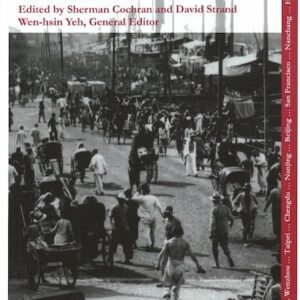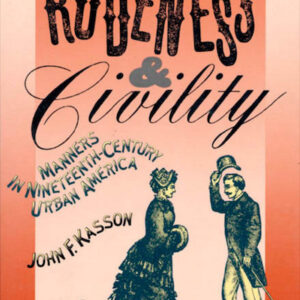
Cities in Motion: Interior, Coast, and Diaspora in Transnational China
Edited by David Strand (NHC Fellow, 1995–96), Sherman Cochran (NHC Fellow, 2002–03), and Wen-Hsin Yeh This volume offers a fresh perspective on how Chinese cities were transformed or "Westernized" in the late nineteenth and twentieth centuries and how Asian and Western cities received Chinese influences dispatched through the media of commerce and migration. Part 1 … Continued



